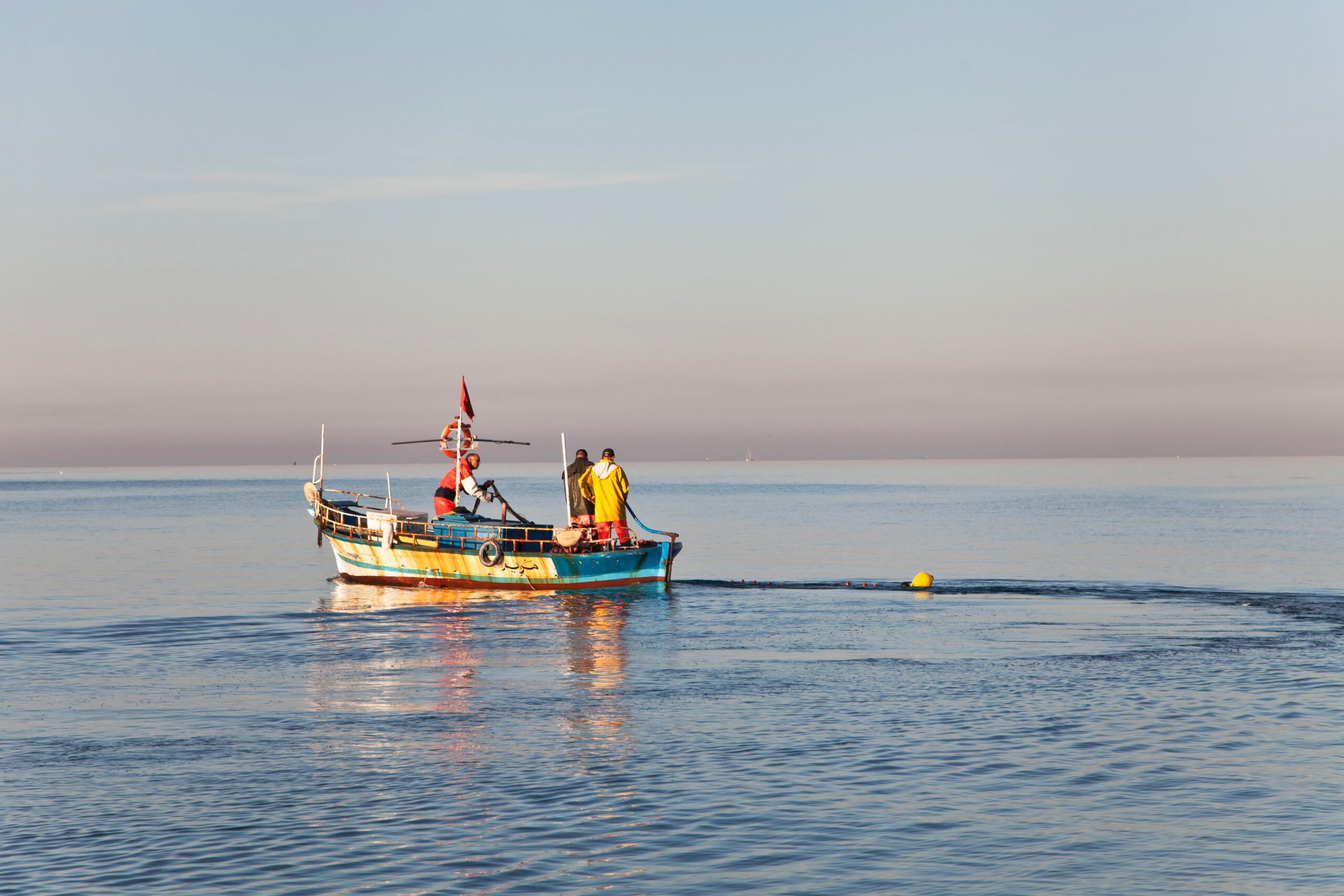Originally appeared in the National Review on February 21, 2014.
Many environmental problems are exaggerated. The threats facing marine fisheries, however, are quite real. Fortunately, the solutions are equally clear.
There is a growing consensus among fishery experts that greater reliance on private-property rights can prevent overfishing and ensure sustainability. Indeed, a panel of leading marine experts convened by the World Bank’s Global Partnership for Oceans recently concluded that property-based reforms are essential for sustainable management of marine resources. Such reforms encourage more efficient fishery exploitation by aligning the interests of fishery users with the health and sustainability of the underlying resource. Free-market theorists and fishery organizations have long advocated adopting these measures. Ironically, House Republicans have been the biggest obstacle to these free-market policies.
Marine fisheries present a classic example of what Garrett Hardin famously termed the “tragedy of the commons.” They are prone to over-exploitation as users race to consume the resource. Every fish caught benefits the one who caught it, even past the point at which the total catch threatens fishery collapse. No fisher has any incentive to exercise restraint, as there is no guarantee that other fishers will respond in kind. The result is an over-exploited resource, and the costs of over-fishing are borne by all.
Traditionally, many have doubted that property rights were suitable to marine resources because of the mobility and migration of fish and the difficulty in monitoring property interests in the open sea. As a consequence, fisheries have historically been held in trust by the government for the common use of all, subject to regulations governing everything from the size of the catch to the type of equipment used. Such regulations produce a “race to fish”: Everyone rushes to catch as much as possible until the catch limits are reached. The resulting scramble is so furious that some fisheries reach their annual catch limits in a matter of days. This system has largely failed to ensure fishery sustainability and has made commercial fishing a perilous occupation.
Over the past 30 years, policymakers and fishery experts have recognized the potential of property-based management systems to end the “race to fish” and encourage sustainable fishing practices. A common reform is the creation of individual transferable quotas (ITQs), or “catch shares.” Under the typical ITQ regime, the government sets the total allowable catch (TAC) for a given season, based on an ecological assessment of the sustainability of the fishery, and then each fishery participant is able to catch his allocated share. For example, the owner of a 5 percent quota may catch 25 tons in a season if the TAC is 500 tons. The TAC changes from year to year, but shares carry over and may be bought and sold.
Since the first ITQ programs in the mid-1970s, hundreds of such programs have been adopted around the world. Recent evaluations of them provide significant evidence that catch-share and rights-based management systems have positive economic and ecological effects.
The economic benefits of ITQ programs were confirmed in a 2012 study examining 15 catch-share programs in the United States and British Columbia. Whereas the frenetic “race to fish” tends to shorten fishing seasons, the rights-based security created by catch shares allows fishers to extend their fishing seasons, on average, from 63 to 245 days of the year. This slower, more deliberate fishing produces higher yields from less effort and investment, reduces discard rates (because fishers are able to focus their efforts on catching fish they intend to keep), and improves the quality (and thereby the value) of the catch. The longer season also reduces the need to fish in hazardous and costly conditions.
The ecological benefits of catch shares are also clear. In 2008, researchers Christopher Costello, Steven D. Gaines, and John Lynham looked at 121 fisheries that established ITQs between 1950 and 2003 and compared them with thousands that did not. Before 1980 there was no difference. After 1980, however, non-ITQ fisheries continued their rate of collapse while the collapse rate for ITQ fisheries fell, and subsequent analysis confirmed that catch-share policies were playing a role. As Costello and his co-authors concluded: “ITQ fisheries are less likely to collapse than non-ITQ fisheries, and the magnitude of this effect increases the longer a fishery is managed by an ITQ.”
Because ITQ rights continue from year to year, ownership of a catch share provides the fisher with an economic incentive to ensure the fishery’s sustainability over time. As fishery health improves, and allowable catches increase, so does the value of the share. A recent survey of over 200 peer-reviewed papers on the environmental effects of ITQ programs found that participants in catch-share fisheries often request lower overall TACs and that ITQ programs tend to reduce the rate of TAC violations. ITQ systems seem to have an easier time enforcing fishing limits because ITQs require less at-sea monitoring than do traditional regulations, as “closed areas and seasons, banned gear types, and vessel restrictions are no longer required.”
The survey also found that ITQs tend to reduce “the number of participants, thus allowing more intensive monitoring of landings and discards and increasing the probability of detecting illegal fishing.” The reason is simple: Because these shares are transferable among fishery participants, the most efficient fishers buy out the least efficient. Notably, any reduction in fleet size occurs through voluntary transactions rather than through proscriptive regulation.
The most prominent objections to property-based fishery management are not ecological but social and economic. Some fear the distributional consequences or worry about the possible effect on local communities, particularly if the transferability of fishery shares results in consolidation, or if larger companies buy out the fishery shares.
Such concerns are legitimate but exaggerated. Yes, under an ITQ regime, the number of vessels in a given fishery typically declines; but the seasons get longer, the income streams for fishery participants become more stable, and fishing becomes more profitable. And although not everyone will win with an ITQ regime, allowing fish stocks to collapse or maintaining derby-style fishery rules redounds to no one’s benefit.
Further, given the wasted effort in most fisheries today during the “race to fish,” with too many boats chasing too few fish, it should be possible to compensate potential losers from the gains generated by reform. Indeed, adopting catch shares tends to enhance government revenue by increasing the profitability of fishing vessels, generating more tax revenue and reducing net management costs.
Why, then, are such policies not more common? Opposition comes largely from fishing interests, and they have found an ally in the House GOP. In May 2012, a majority of House Republicans voted to bar new catch-share programs along the Atlantic Coast and the Gulf of Mexico. Their more recent reform proposals are less overtly hostile to property-based reform but still fall short of embracing it: Draft reforms of the Magnuson-Stevens Fishery Conservation Act proposed by House Natural Resources Committee chairman Doc Hastings, for example, would make it needlessly difficult to implement catch-share programs in Mid-Atlantic and South Atlantic fisheries. Should such efforts succeed, the alleged party of free enterprise and limited government will continue to turn its back on a proven market-based approach to a serious environmental problem.
Lawmakers and resource managers should acknowledge the growing body of empirical research demonstrating the benefits of the property-rights approach to fishery management. And fishery participants should realize that they have less to fear from an expansion of property rights than they do from maintaining the status quo.




